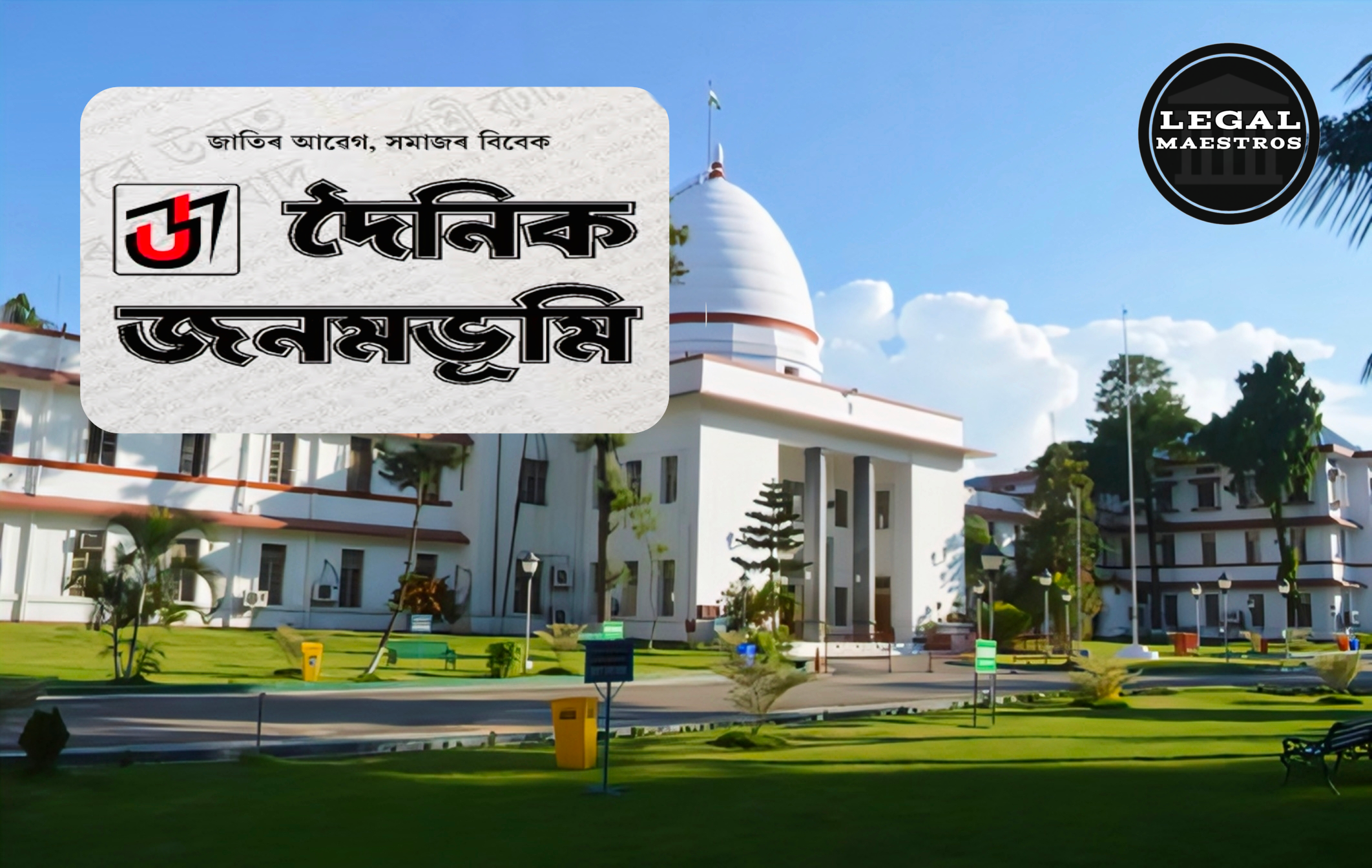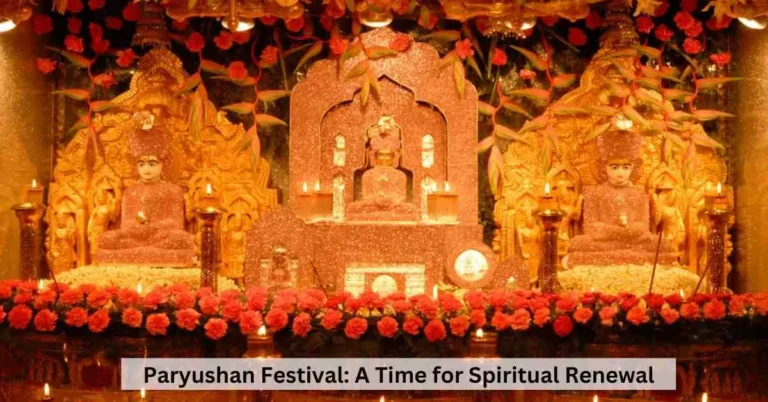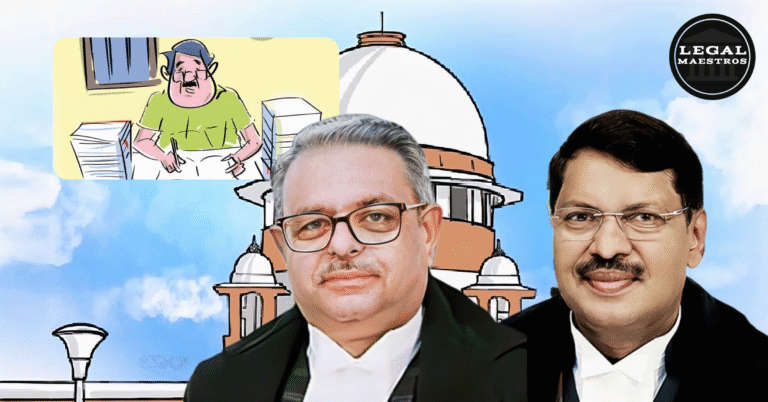
The Gauhati High Court, in a crucial case, has quashed an FIR against journalist Kongkon Borthakur because it is imperative that journalism should bring into the foregound sensitive issues in society. This was a case tribunal lodged by Farid Islam Hazarika, the President of All Assam Muslim Students Union (AAMSU) in Sivasagar against a journalist who had been accused of spreading enmity among the different groups. The case law highlights the fact that covering some subject matter such as religious fundamentalism, illegal migration, and militant operations is a sinless activity of the press and can not by itself qualify as a criminal offense.
Fact Background of the Case
This case was based on a journalistic report of November 8, 2016, of the newspaper Dainik Janambhumi. This report authored by the petitioner Kongkon Borthakur was due to ground research. On November 11, 2016, the All Assam Muslim Students Union (AAMSU) filed a First Information Report (FIR) filed by Farid Islam Hazarika. The FIR resulted in the registering of Sivasagar P.S Case No. 1008/2016 of Section 153(A)/34 of Indian Penal Code (IPC). This informant complained that that the news item was causing discord and this was interfering with communal peace among various groups of the population in a place where social harmony was the rule.
The journalist, Kongkon Borthakur later moved a criminal petition to quash the FIR. He claimed that his report was the product of ground research and raised questions regarding religious fundamentalism, illegal immigrants and militants. The judge looked at the original newspaper report and translated version of the report in English to have the context of the report.
For More Updates & Regular Notes, Join Our
WhatsApp Group
and
Telegram Group.
Contact us at
contact@legalmaestros.com.
Precepts and Laws of Judges
The ruling of the court was based on the extensive evaluation of Section 153A of IPC and principles as laid down by the Supreme Court. Section 153A is an offence to the punishment of anyone who woefully by words, signs, or visible representations, strives to foster the feelings of enmity, hatred or ill-will between members of a different group based on religion or race or place of birth or residence or language or caste. The court made reference to landmark cases, such as,
State of Haryana vs. Bhajan Lal which lays guidelines on quashing of FIR in case the allegations do not make up an offense prima facie. The problems that occurred with the reasoning of the court were the important points that the court relied on the Supreme Court which passed the judgment in Patricia Mukhim v. Meghalaya. In this judgment it has been stressed that to constitute an offense under Section 153A, there should be a bona fides attempt to cause public disorder, disorders in law and order or disturbance to the tranquility, it is also important to note that a mere incident due to some acts does not suffice making up an offense under Section 153A. The court made clear that the intent to either commit mayhem or provoke violence is a precondition of the offense and the accusation must show that there was the presence of a guilty mind or a culpable state of mind or mens rea.
Moreover, the court relied on the precedents of the case Bilal Ahmed Kaloo v. A.P.. The judgment of this case necessitated that in order to prove a charge under Section 153A, there should exist two communities, at least, that there should be a specific intention of inciting enmity between these two communities. The court observed that to invoke the provisions of Section 153A, it is not required that the feelings of a community alone as compared to another community is incited. The court referred as well to the principle in Ramesh v. Union of India, which writes words of a criminal speech ought to be judged taking the view of reasonable, strong minded, firm and courageous men not of the weak and vacillating.
Rationale and Quashing of FIR by the court
Using these precedents of law to the facts of the case, the court held that the FIR against the journalist did not satisfy the requirements set out in Section 153A of the IPC with regard to commission of an offense. The court observed that the report in the newspaper was result of journalistic research and purported to demonstrate concerns about religious fundamentalism, illegal migration of people and militant incidents. The court proceeded to rule that the journalist as the accused was lacking the requisite mens rea or intention to spread enmity or sow violence among different sections.
The judgment highlighted the essence of journalism to present concerns of a greater significance in the society. It provided that such alarming of people to illegal immigrants, religious fundamentalism and population pressures to indigenous populations cannot by itself amount to a call to enmity or violence. Court also indicated in that close reading of the newspaper posting revealed that the journalist was not indicting a certain ethnic or religious group.
The court ruled on the basis of these findings that petition was meritorious. Sivasagar P S Case no: 1008/2016 under Section 153(A)/34 of the I P C, proceedings were quashed in its entirety. The ruling of the court prevails with the defense of freedom of press particularly when reporters write on hard and salient topics in the better interest of the society. This case deserves to be remembered as a milestone indicating the need to uphold journalistic integrity and by which the judiciary should protect the freedom of the constitution.
For any queries or to publish an article or post on our platform, please email us at contact@legalmaestros.com.





